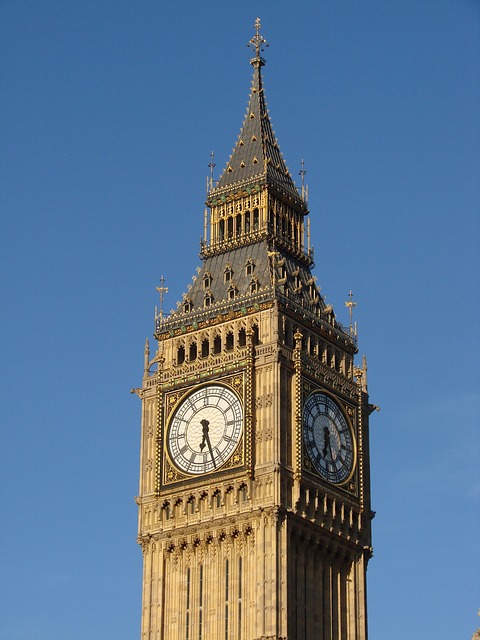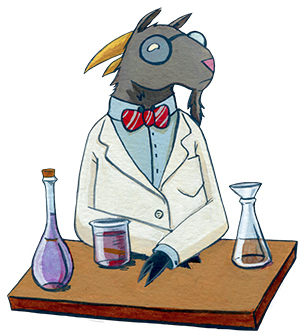Difference between revisions of "British Political Philosophy"
From Londonhua WIKI
Ekmceachern (talk | contribs) |
Ekmceachern (talk | contribs) |
||
| Line 28: | Line 28: | ||
One of John Locke's most famous writings is his work, ''Two Treatises of Government'', which is considered to have played a major role in the formation of modern democracy and the Constitution of the United States. Within the first sentence of the introduction, Locke had already taken a stand on slavery, calling it "vile and miserable an estate of man, and so directly opposite to the generous temper and courage of our nation" (Locke, 6). In the first part of his book Locke criticizes Sir Robert Filmer's work ''Partiarcha'' by saying that Filmer implies all men are slaves to a divine king. According to Locke, Filmer's system is "That all government is absolute Monarchy" (Locke, 6), and the grounds for Filmer's argument are that no man is born a free man, which Locke argues to mean that all men are slaves. Locke uses the ''First Treatise'' to refute Filmer's argument, which Locke says that he cannot support because he believes in reason and that every man has the right to govern himself according to God's law. | One of John Locke's most famous writings is his work, ''Two Treatises of Government'', which is considered to have played a major role in the formation of modern democracy and the Constitution of the United States. Within the first sentence of the introduction, Locke had already taken a stand on slavery, calling it "vile and miserable an estate of man, and so directly opposite to the generous temper and courage of our nation" (Locke, 6). In the first part of his book Locke criticizes Sir Robert Filmer's work ''Partiarcha'' by saying that Filmer implies all men are slaves to a divine king. According to Locke, Filmer's system is "That all government is absolute Monarchy" (Locke, 6), and the grounds for Filmer's argument are that no man is born a free man, which Locke argues to mean that all men are slaves. Locke uses the ''First Treatise'' to refute Filmer's argument, which Locke says that he cannot support because he believes in reason and that every man has the right to govern himself according to God's law. | ||
<br> | <br> | ||
| + | |||
<br><br> | <br><br> | ||
| + | |||
===Other Theories=== | ===Other Theories=== | ||
<br><br> | <br><br> | ||
Revision as of 15:51, 23 May 2017
A Comparison of British Political Philosophy Over Time
 Your Project Page Picture Caption |
Contents
Abstract
The goal of this project is to write a comparison of British Political Philosophy from its beginnings, the Enlightenment period, to contemporary times and attempt to explain why it has changed over time. Most people have different opinions on Politics and political philosophy due to its controversial nature. In my opinion it is very important to understand the reasons behind people's opinions in order to be able to make an informed decision about ones own political views. At WPI I have taken 2 history courses and 1 philosophy course, HI 1332, HI 2332, and PY 1731. I have never done a philosophy project like this before on my own so it should be an interesting and challenging experience.
Introduction
I suggest you save this section for last. Describe the essence of this project. Cover what the project is and who cares in the first two sentences. Then cover what others have done like it, how your project is different. Discuss the extent to which your strategy for completing this project was new to you, or an extension of previous HUA experiences.
As you continue to think about your project milestones, reread the "Goals" narrative on defining project milestones from the HU2900 syllabus. Remember: the idea is to have equip your milestone with a really solid background and then some sort of "thing that you do". You'll need to add in some narrative to describe why you did the "thing that you did", which you'd probably want to do anyway. You can make it easy for your advisors to give you a high grade by ensuring that your project milestone work reflects careful, considerate, and comprehensive thought and effort in terms of your background review, and insightful, cumulative, and methodical approaches toward the creative components of your project milestone deliverables.
Section 1: Background
Some very important British Philosophers are outlined below. I have included information regarding their political theory but also other ideas unrelated to politics in order to give more insight to their beliefs and works.
John Locke
Political Theory
One of John Locke's most famous writings is his work, Two Treatises of Government, which is considered to have played a major role in the formation of modern democracy and the Constitution of the United States. Within the first sentence of the introduction, Locke had already taken a stand on slavery, calling it "vile and miserable an estate of man, and so directly opposite to the generous temper and courage of our nation" (Locke, 6). In the first part of his book Locke criticizes Sir Robert Filmer's work Partiarcha by saying that Filmer implies all men are slaves to a divine king. According to Locke, Filmer's system is "That all government is absolute Monarchy" (Locke, 6), and the grounds for Filmer's argument are that no man is born a free man, which Locke argues to mean that all men are slaves. Locke uses the First Treatise to refute Filmer's argument, which Locke says that he cannot support because he believes in reason and that every man has the right to govern himself according to God's law.
Other Theories
Thomas Hobbes
Political Theory
Other Theories
Bertrand Russell
Political Theory
Other Theories
G.A. Cohen
Political Theory
Other Theories
Section 2: Deliverable
The Enlightenment vs. The Contemporary Period
Gallery
Conclusion
In this section, provide a summary or recap of your work, as well as potential areas of further inquiry (for yourself, future students, or other researchers).
References
- Locke, J., & Locke, J. (2005). Two treatises of government ; and, A letter concerning toleration. Stilwell, KS: Digireads.com Pub.
Image Gallery
If appropriate, add an image gallery


